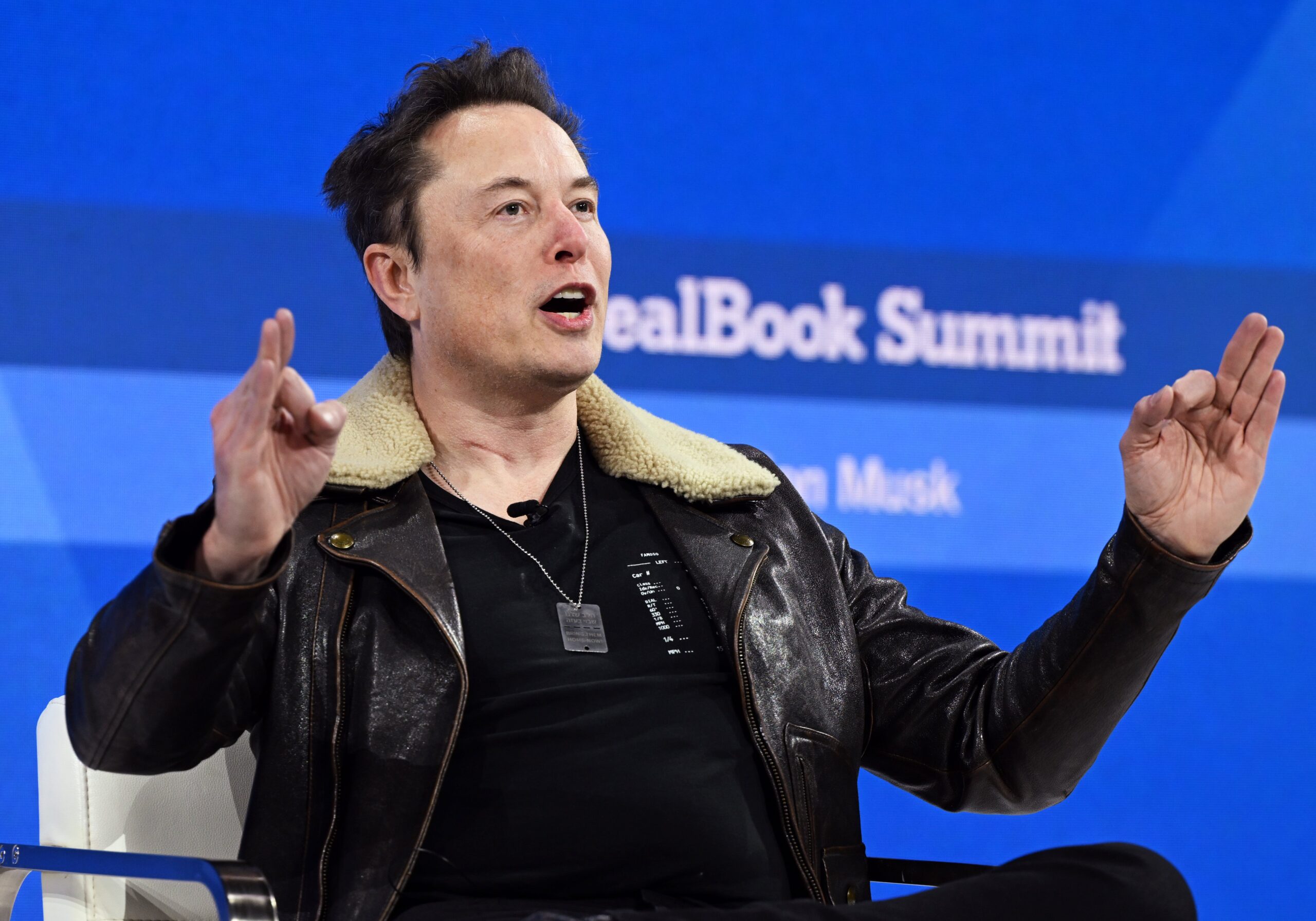“Carron Phillips is an unapologetic racist and a deceiver. Shame on him,” wrote Elon Musk to his hundreds of millions of followers on Thanksgiving.
Within minutes, the hate train had begun chugging. Thousands of people liked and commented on the post, and the inboxes of several journalists associated with his outlet were flooded with emails calling on Phillips to be fired.
Suggested Reading
“I really like that people are calling these race baiters out,” wrote one social media user, echoing the tone of the other replies, many of whom also called for his firing. “They deserve to be shunned by society.”
It’s worth noting that Elon Musk’s company, Tesla, was sued for racial discrimination.
Social media attacks on Black journalists and public figures who share their opinions online are hardly a new phenomenon. Earlier this month, James E. Causey, a former columnist for the Milwaukee Journal Sentinel, wrote about the hate mail he received, including a rather nasty email calling him an “enabling N-word.”
So what had Phillips, a Black reporter for the sports media outlet Deadspin, done to grab Musk’s attention? (The Root and Deadspin are both owned by G/O media)
Last Sunday, during a game at the Las Vegas Raiders, a nine-year-old Kansas City Chiefs fan showed up dressed in a Native American headdress and with his face painted red and black.
Phillips used a photo of the young fan from the CBS highlight to make a broader point about racism within the NFL. “It takes a lot to disrespect two groups of people at once,” he wrote. “But on Sunday afternoon in Las Vegas, a Kansas City Chiefs fan found a way to hate Black people and the Native Americans at the same time.”
In one of the images broadcasted by CBS and shared by Deadspin, only half of the child’s face was visible. The visible side was painted black. For those who don’t know, white Americans used to paint their faces black to mock Black people, which is why the image of wearing Black across one’s face is considered offensive.
Phillips laid the blame for the incident not on the child’s shoulders, but primarily on the NFL for not doing a better job to crack-down on racist imagery in their stadiums.
Most of the controversy came after it was revealed that the child in the photo was a nine-year old associated with the Santa Ynez Band of Chumash Indians. Others pointed out that the CBS image didn’t show that the other side of his face was painted red, which is one of the team’s colors. (It’s worth noting that while black appears in the team’s logo, it is not one of their official colors).
Many on social media argued that it was wrong to use a child’s photo at all. And others said that since the child was Native American, what he did wasn’t cultural appropriation.
“We never in any way, shape, or form meant to disrespect any Native Americans or any tribes. The tribe we’re from doesn’t even wear that type of headdress. This specific headdress is a novelty piece. It’s a costume piece,” The boy’s father, said on Fox News. “That’s exactly what we had purchased it for and wore it for—not in any disrespect towards any Native Americans at all.”
The Santa Ynez Band of Chumash Indians ultimately weighed in on the controversy, telling Front Office Sports that they do “not endorse wearing regalia as part of a costume or participating in any other type of cultural appropriation.”
Rhonda LeValdo, a member of the Acoma Pueblo tribe and an activist with Not In Our Honor, a group calling on the Kansas City Chiefs to change their name, says that now that the Chumash tribe has made a statement the debate online over wearing regalia should be over.
“The tribe has spoken out against it,” she said. “And the Chumash didn’t even wear headdresses like that. That’s a stereotype of Plains Indians’ headdresses. And that’s not even a real headdress. A headdress is something that is special and denotes honor… you’re not supposed to be using it as a prop or costume.”
To be clear, LeValdo says she does not “blame” the child for wearing the outfit or the face paint. This story should really about the NFL and the Kansas City Chiefs, she says.
“[The NFL] has end racism in their end-zone, like how are you ending racism when you’re promoting cultural appropriation,” she says. “That doesn’t make sense.”
Racist tropes and names surrounding the Indigenous community are commonplace in American sports. Multiple college and professional teams like the Florida State Seminoles, the Chicago Blackhawks and MLB’s former Cleveland Indians, now the Guardians, feature names and mascots that are considered offensive.
If anything at all comes out of the hoopla surrounding this situation, it’s that the NFL, its venues, business partners, and, most of all, teams need to take the issue of racist names and mascots more seriously.
Straight From 
Sign up for our free daily newsletter.


